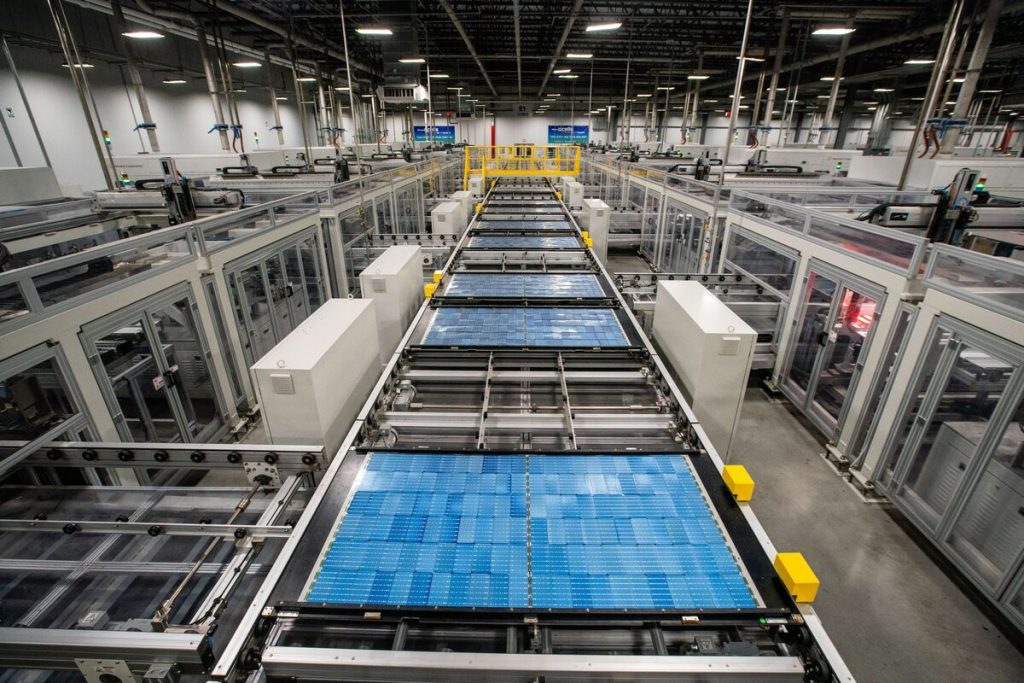Category
Request from Us
Welcome to Walmat Engineering and Automation Systems Limited
New solar project

Msata solar project 650 mw

Solar Substation 32mw
OIL & GAS MEP SYSTEM
MEP in the context of the oil and gas industry stands for Mechanical, Electrical, and Plumbing. This is a critical aspect of the engineering and construction process for facilities and infrastructure related to the extraction, processing, and distribution of oil and natural gas. Here’s a description of MEP in the oil and gas industry:
- Mechanical Systems:
- Mechanical systems in oil and gas MEP involve the design, installation, and maintenance of various mechanical equipment and components. These include pumps, compressors, turbines, valves, and heat exchangers. Mechanical engineers ensure that these components operate efficiently and reliably in the harsh conditions often found in the oil and gas industry.
- Electrical Systems:
- Electrical systems in this context encompass the design and implementation of electrical infrastructure to support the various processes within the oil and gas sector. This includes power distribution systems, lighting, control systems, and instrumentation. Electrical engineers ensure that all electrical components are safe, reliable, and compliant with industry standards.
- Plumbing Systems:
- Plumbing systems in oil and gas MEP relate to the supply, distribution, and disposal of fluids within a facility or pipeline network. This involves the design of piping systems for the transportation of oil, gas, and other fluids, as well as plumbing for water supply and waste disposal. Plumbing engineers ensure that these systems are designed to withstand the specific pressures, temperatures, and corrosive properties associated with oil and gas operations.
Key considerations in oil and gas MEP include:
- Safety: Safety is paramount in the oil and gas industry. Engineers and designers must ensure that all MEP systems are designed to prevent accidents and minimize environmental risks.
- Compliance: Compliance with industry standards and regulations, such as API (American Petroleum Institute) codes and ASME (American Society of Mechanical Engineers) standards, is crucial in oil and gas MEP.
- Efficiency: Efficiency is a major focus in the design of mechanical systems, as optimizing energy usage and minimizing downtime are critical for cost-effectiveness.
- Durability: Oil and gas facilities are exposed to harsh environmental conditions, so MEP systems must be designed for durability and reliability.
- Environmental Considerations: Oil and gas MEP also encompasses environmentally friendly practices, including waste disposal and emissions control.
- Integration: MEP systems need to be carefully integrated to ensure the smooth and coordinated operation of all components within an oil and gas facility.



